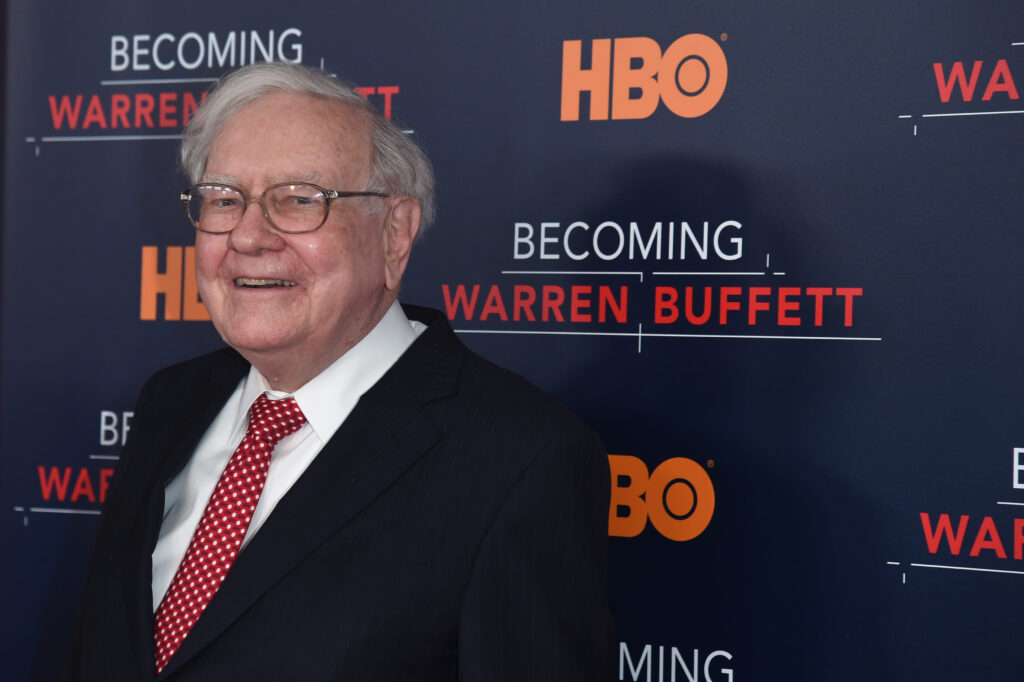Ukraine: Zelensky refuse de “jouer” avec les courtes trêves proposées par Poutine
Le président ukrainien Volodymyr Zelensky a dit refuser de “jouer” avec les courtes trêves de son homologue russe Vladimir Poutine, dont l’une lors des commémorations de la Seconde Guerre mondiale à Moscou, y voyant des délais trop courts pour des pourparlers sérieux.Le Kremlin, pour sa part, a assuré que le cessez-le-feu, proposé par M. Poutine du 8 au 10 mai, permettrait de “tester” la disposition de Kiev à la paix.”C’est impossible de s’entendre sur quelque chose en trois, cinq ou sept jours. Soyons honnêtes. C’est une performance théâtrale de sa part. En deux ou trois jours, il est impossible de trouver un plan pour établir les prochaines étapes pour terminer la guerre. Cela ne semble pas sérieux”, a dit M. Zelensky.”Personne n’aidera Poutine à jouer à ce genre de jeu”, a-t-il ajouté, sans toutefois rejeter clairement cette trêve de trois jours proposée par Moscou à l’occasion des célébrations des 80 ans de la victoire contre l’Allemagne nazie.Le dirigeant ukrainien s’est exprimé vendredi soir devant des journalistes, dont ceux de l’AFP. Ces déclarations étaient sous embargo jusqu’à samedi.Le dirigeant ukrainien a ajouté samedi qu’il ne voyait pas de “préparation” de la part de la Russie pour un cessez-le-feu à plus long terme.Des discussions séparées entre Moscou et Kiev, menées par Washington, se prolongent depuis plus de deux mois et peinent, pour l’heure, à aboutir à des résultats pour trouver une issue au conflit déclenché par l’invasion russe de l’Ukraine en février 2022.Vladimir Poutine avait déjà décrété un court cessez-le-feu lors du week-end pascal en avril, qui avait conduit à une baisse des combats sans être totalement respecté par les deux camps.”L’objectif de la trêve de Pâques proposée par la Russie, ainsi que de l’initiative actuelle de déclarer une trêve lors des célébrations des 8, 9 et 10 mai, est de tester la disposition de Kiev à trouver une voie pour une paix durable à long terme”, a déclaré samedi le porte-parole de la présidence russe, Dmitri Peskov, lors d’un briefing.Kiev demande “un cessez-le-feu total et inconditionnel” comme prérequis à toute négociation avec la Russie, qui, elle, répète être prête à négocier avec l’Ukraine, mais se montre en revanche réticente sur une trêve prolongée.Car Moscou, dont l’armée a l’avantage sur le front, dit craindre qu’un cessez-le-feu ne permette à Kiev de reprendre des forces, avec le soutien militaire de ses alliés. – Parade à Moscou -Cette année, les dirigeants d’une vingtaine de pays doivent se tenir aux côtés de M. Poutine le 9 mai, dont les présidents chinois Xi Jinping et brésilien Luiz Inacio Lula da Silva, ainsi ceux d’alliés traditionnels de Moscou tels que le Kazakhstan, le Belarus, Cuba ou encore le Venezuela.M. Zelensky a indiqué que Kiev ne pourrait garantir “la sécurité” des dirigeants présents. “On ne sait pas ce que la Russie fera à cette date. Elle pourrait prendre différentes mesures, comme des incendies, des explosions, et ensuite nous accuser”, a avancé le président ukrainien.La porte-parole de la diplomatie russe, Maria Zakharova, a dénoncé ces propos, assurant que M. Zelensky proférait une “menace directe” à “la sécurité physique des vétérans qui viendront aux parades et aux célébrations de ce jour sacré”.En Ukraine, l’annonce par Vladimir Poutine de cette trêve a été perçue par des observateurs comme un moyen d’empêcher des frappes ukrainiennes pouvant potentiellement perturber les cérémonies. Kiev frappe régulièrement des cibles en Russie avec ses drones longue portée, qui ont également touché Moscou à plusieurs reprises, en réponse aux bombardements russes qui ravagent son territoire depuis plus de trois ans. – Nouvelles frappes nocturnes -La Maison Blanche a soutenu lundi que Donald Trump souhaitait un cessez-le-feu “permanent” en Ukraine et pas seulement une trêve temporaire telle que celle annoncée par Moscou.Volodymyr Zelensky a, lui, estimé vendredi soir que sa rencontre avec le président américain au Vatican, le 26 avril, avait permis à ce dernier de voir “un peu différemment” le conflit.Après cette entrevue, Kiev et Washington ont signé mercredi, après des semaines de pressions et tractations, un accord qui prévoit de donner aux entreprises américaines un accès à l’extraction de minerais, de pétrole et de gaz en Ukraine et de créer un fonds d’investissement entre les deux pays. Ses conditions sont bien plus favorables pour Kiev que celles de précédentes moutures.Le texte n’offre toutefois aucune garantie précise de sécurité à Kiev par Washington, qui cherche à réduire son aide militaire à l’Ukraine.Les tirs d’obus russes ont tué deux personnes dans la région de Donetsk, dans l’est de l’Ukraine, samedi, tandis qu’une frappe de drone sur la ville de Kherson, dans le sud de l’Ukraine, a fait un autre mort, ont déclaré des responsables régionaux.Des attaques aériennes entre les deux camps s’étaient à nouveau produites dans la nuit de vendredi à samedi.Des drones russes ont blessé 51 civils à Kharkiv (nord-est), la deuxième ville d’Ukraine, selon le parquet régional.Côté russe, les autorités ont dénoncé une attaque ukrainienne massive sur la région de Krasnodar (sud-ouest), notamment sur le port de Novorossiïsk, où cinq personnes ont été blessées, a indiqué le maire Veniamine Kravtchenko.









